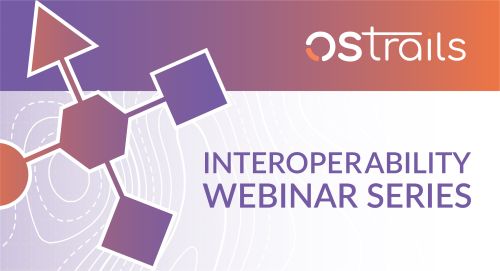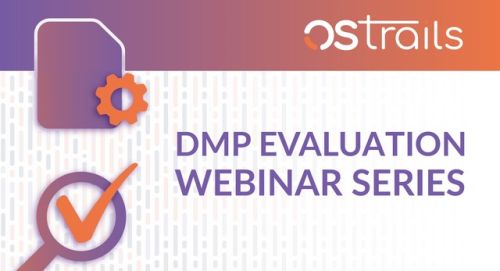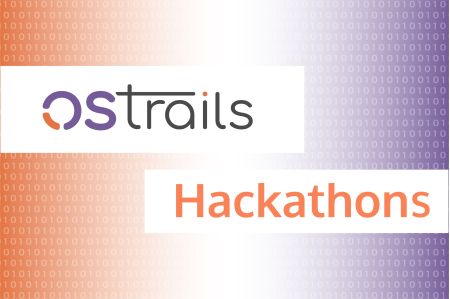Events
Discover OSTrails Events and Community Initiatives!
Join our events and explore key initiatives from the community.
OSTrails Events
OSTrails General Assembly
23-03-2026 9:00 am
- 24-03-2026 4:00 pm
The OSTrails General Assembly Meeting will take place on March 23-24, 2026, in Braga, Portugal.
This in-person event will bring together consortium partners to discuss progress, align on next steps, and engage in valuable exchanges as we advance OSTrails' technical implementation.
More details, including the agenda, will be shared soon. Stay tuned!



